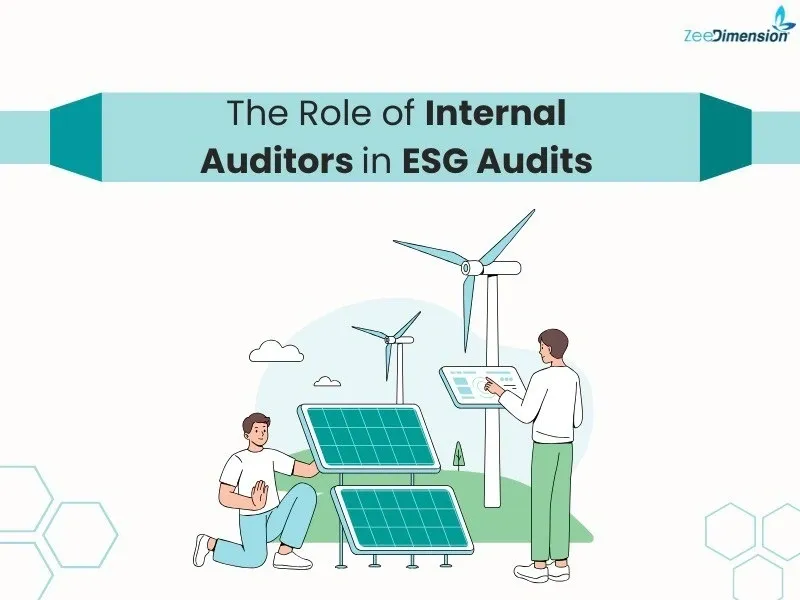
What is an ESG Audit?
An ESG audit carefully evaluates an organization’s ESG practices. To determine how well the company is doing in these crucial areas, it looks at both financial and non-financial indicators, such as diversity, carbon emissions, and governance structures, because these factors are essential for comprehensive evaluation. The audit’s objectives are to find areas where the business can strengthen its ESG strategy, identify possible risks, and find areas for improvement. By assisting companies in aligning their operations with socially and sustainably responsible practices, this method makes sure they satisfy stakeholders and legal requirements.
Why is the ESG audit important?
-
Regulatory Compliance: Ensure compliance with global and local ESG regulations.
-
Investor Confidence: Transparency in reporting helps to build trust among stakeholders.
-
Risk Mitigation: Address ESG issues like as climate impact and ethical concerns.
-
Strategic Insights: Make informed decisions for long-term sustainability.
What are the roles of an internal auditor?
The role of an internal auditor in the context of ESG is multifaceted and crucial for ensuring a company’s commitment to sustainability and responsible practices. Internal auditors assess the company’s ESG frameworks by reviewing policies, goals, and overall performance to ensure alignment with best practices and regulatory standards. They are also responsible for ensuring data integrity by validating the accuracy of ESG metrics, which is essential for transparent reporting. Moreover, they identify risks and opportunities by spotting vulnerabilities within the organization and recognizing areas for potential growth. Internal auditors also play a key role in enhancing ESG reporting by ensuring that the company’s reports are aligned with global standards such as the Global Reporting Initiative (GRI) and the Sustainability Accounting Standards Board (SASB). Finally, they facilitate stakeholder engagement, acting as a bridge between stakeholders and management to ensure clear communication and the alignment of expectations across all parties involved.
What are the challenges in ESG Audits?
1. Lack of Standardization: Diverse frameworks complicate benchmarking.
2. Evolving Regulations: Keeping up with changes requires agility.
3. Data Complexity: Verifying and analyzing ESG data is time-intensive.
4. Skill Gaps: Specialized ESG knowledge may be new for traditional auditors.
Best Practices for Effective ESG Audits
Best practices for effective ESG audits include investing in training to build expertise in ESG and data analytics, leveraging technology such as AI and data tools for seamless auditing, and collaborating across functions to align ESG goals with business objectives. Adopting a risk-based approach to prioritize high-risk ESG areas and staying updated by monitoring global trends and evolving regulations are also essential steps.
The Future of ESG Auditing
• ESG audits will become central to corporate strategy.
• Internal auditors will drive compliance, resilience, and innovation.
• By embedding sustainability into audits, organizations can:
• Enhance stakeholder trust.
• Create long-term value.
• Foster a more sustainable future.
Internal auditors are not just compliance enforcers they are strategic partners in sustainability.
Ready to lead the change? Start embedding ESG into your audit strategy today!







